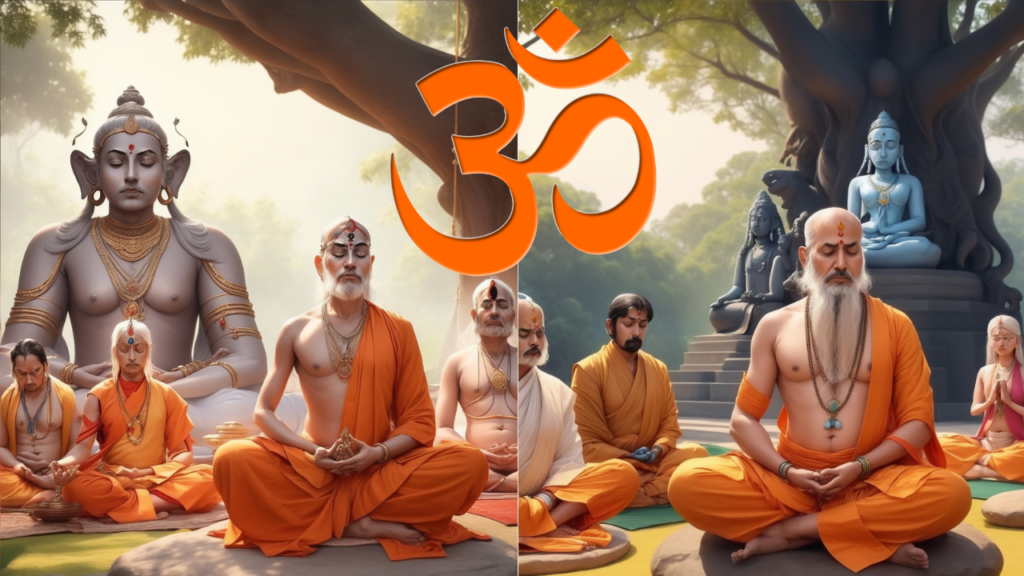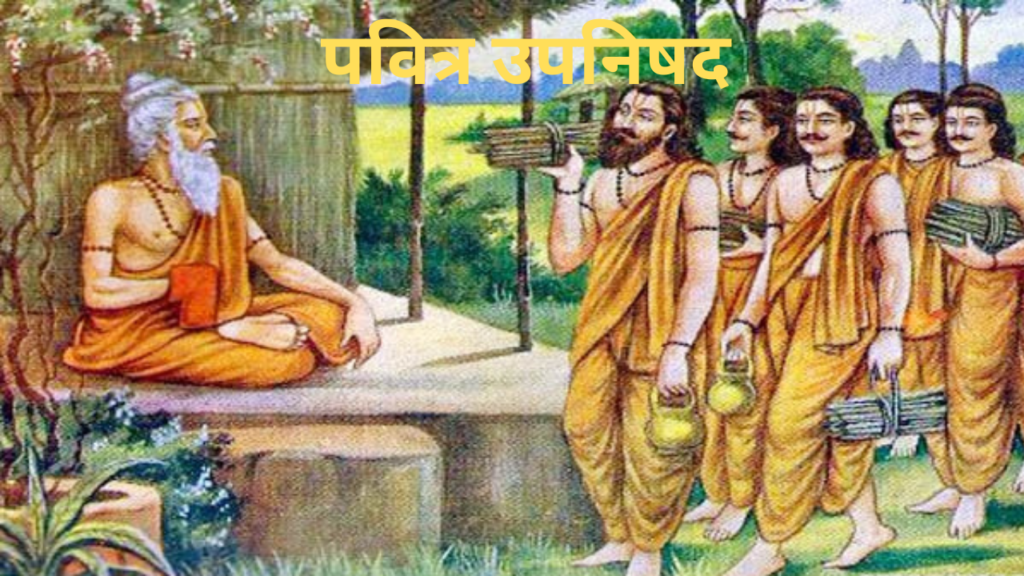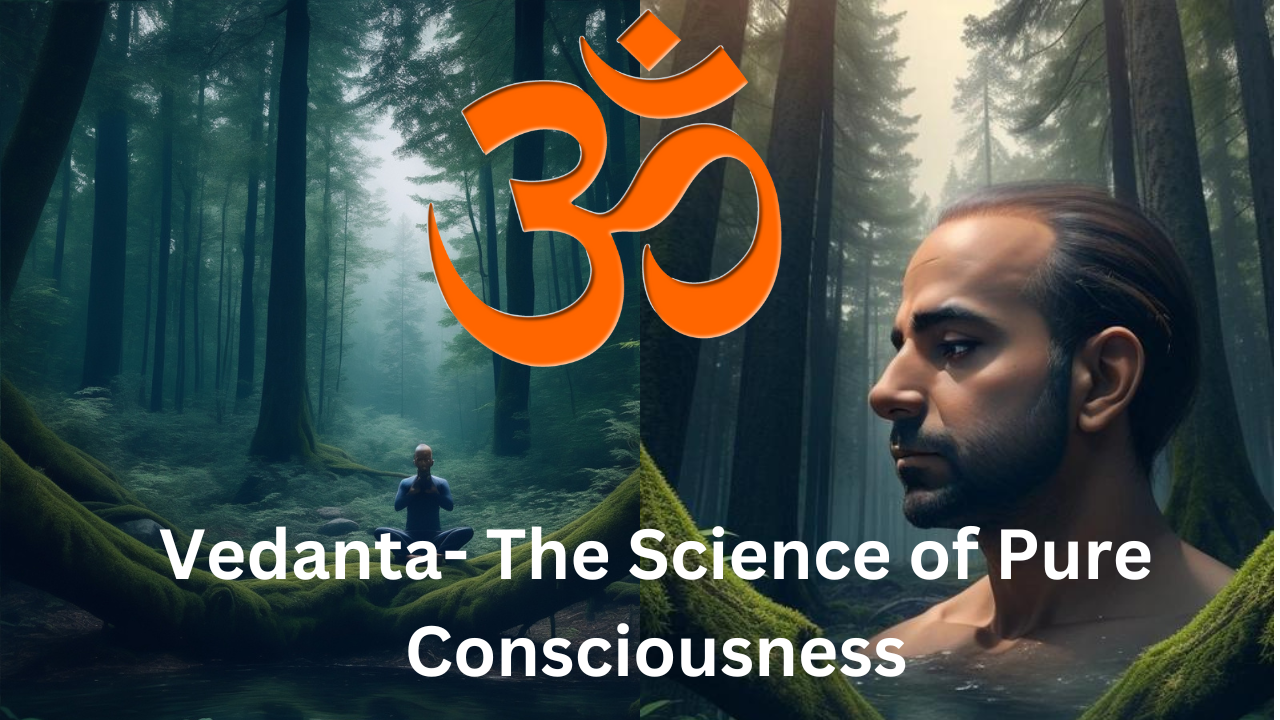Vedanta: The Science of Consciousness Unveiled through Vedic Texts and Upanishads
The quest for understanding consciousness has captivated humanity for ages. Amidst the multitude of philosophical and spiritual systems that explore the depths of human existence, Vedanta emerges as a profound exploration of the science of consciousness. Rooted in the ancient Vedic texts and Upanishads, Vedanta offers a distinctive perspective on the nature of reality, the self, and the ultimate truth.

Vedanta draws its principles from the Vedic texts, a vast collection of ancient scriptures containing hymns, rituals, and philosophical insights. These sacred texts, written in Sanskrit, have been revealed to seers and sages during profound states of meditation.
At the heart of Vedanta lies the concept of Brahmana – the ultimate reality. Described as formless, infinite, and transcendent, Brahman transcends the limitations of time, space, and causation. The Upanishads proclaim, “Brahman is one without a second,” suggesting that all apparent diversity in the universe is ultimately rooted in this singular, all-encompassing reality.

Central to Vedanta is the concept of Atman – the individual self or soul. Atman is considered none other than Brahman itself. The Upanishads proclaim, “Tat Tvam Asi” – “You are That.” This profound insight highlights that the individual self is inseparable from the ultimate reality, existing as an inherent part of the divine cosmic consciousness.
Vedanta provides a comprehensive framework for understanding consciousness at its deepest level. It postulates that consciousness is limitless, unchanging, and blissful – the eternal witness illuminating all experiences, thoughts, and emotions. By recognizing the true nature of consciousness, one can transcend the constraints of the body and mind and realize the essential unity with Brahman.
Meditation, self-inquiry, and self-discipline are emphasized in Vedanta as means to realize this truth. Meditation quiets the fluctuations of the mind, facilitating a direct experience of consciousness. Self-inquiry involves questioning the nature of the self and challenging false identifications with the body, mind, and ego. Self-discipline aids in purifying the mind, preparing it for the direct realization of consciousness.

In conclusion, Vedanta, the science of consciousness rooted in the Vedic texts and Upanishads, presents profound insights into the nature of reality, the self, and the ultimate truth. Guiding seekers toward recognizing the indivisible unity of Brahman and Atman paves the way for the direct realization of consciousness. By delving into the teachings of Vedanta and approaching holy texts with ease, individuals can embark on a transformative journey toward understanding their true nature and the essence of existence itself.
More similar articles
http://news24.edupedia.site/2023/06/28/enlightenment
http://news24.edupedia.site/2023/06/04/ashtanga
related articles
http://news24.edupedia.site/2023/06/01/vigyan-bhairav-tantra
Readers are encouraged to read more such articles at
http://news24.edupedia.site/2021/08/22/universal-sound-om-ohm-aum-best-way-for-meditation/
Tribandh pranayam demonstration
Meditation in the classroom is like icing on the cake
Discover more from News 24 Media
Subscribe to get the latest posts sent to your email.


